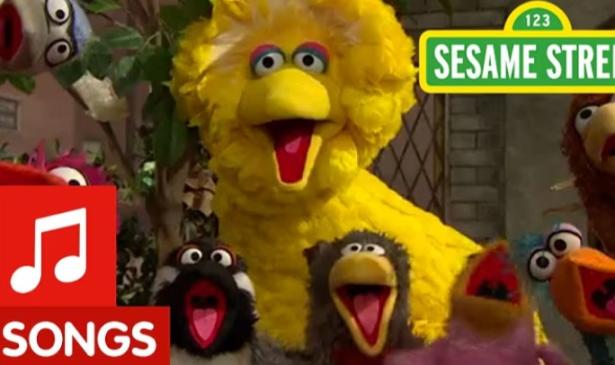Remember Mitt Romney, the former GOP nominee for president and U.S. senator from Utah who got all sorts of favorable press coverage for every once in a while acting as if he were opposed to Donald Trump’s MAGA brand of “conservatism”? While Romney’s personal distaste for Trump was almost certainly genuine, on most major political issues, the two men are soul mates. So today, Romney should be toasting his supposed nemesis for all but accomplishing something he (and many other Republicans) has been trying to do for decades: kill federal funding for public broadcasting.
Early this morning, the Senate approved Trump’s budget-recession bill that will almost immediately claw back about $535 million in already approved funding for the Corporation for Public Broadcasting, which spends most of its budget on grants to local PBS and NPR stations. (The funding had been approved for the next two years, so the overall cutback will total a bit more than $1 billion.) Romney famously made defunding public broadcasting a cornerstone of his 2012 run for the White House, telling voters it was a waste of resources: “I happen to think it’s immoral for us to keep spending money we don’t have and passing on to our kids our obligations,” he said, arguing the private sector could replace PBS. “We’re not going to kill Big Bird, but Big Bird is going to have advertisements.” Romney lost, and Congress continued to keep spending (relatively tiny) amounts on public broadcasting.
But this week, Trump — always looking for a shiny object — is forcing his minions in Congress to muscle through a bill that ends the modest subsidy for the CPB (along with billions in foreign aid and other noble causes). There’s a small chance the House won’t be able to give final approval before a Friday deadline, but even if it doesn’t, it seems likely Trump will eventually find a way to cut off the funding so he can brag about doing something “lame” Republicans like Romney never could.
The good news, such as it is, is that this move doesn’t mean PBS will stop airing Masterpiece or NPR will cancel All Things Considered. PBS and NPR have long gotten most of their funding from sources outside of government, something that makes the rantings of Romney and Trump all the more repugnant and hypocritical. Unlike the BBC or CBC — true national broadcasters which get most of their funding from their respective governments — PBS has always relied on private grants and audience donations. It’s exactly the sort of public-private partnership Republicans supposedly favor, and while it’s meant PBS and NPR have never been nearly as essential or prolific in their programing as other national broadcasters, it has at least made both institutions somewhat immune from a wannabe autocrat like Trump either shutting them down or taking them over to serve his own purposes. (If you don’t think either would be an option, just look at what the White House is trying to do to Voice of America.)
Still, killing funding to CPB is expected to have lots of devastating effects at the local level for many public radio and TV stations. CPB grants help keep a number of smaller stations — including many in Trump-loving rural America — afloat. Without this funding, many of these outlets are going to have to either make massive programming cuts, reduce staff, or, if the worst fears are realized, go off the air completely. That will mean many small towns and cities will be cut off from vital sources of information and independent journalism — all because Republicans like Romney and Trump think NPR and PBS are wastes of money and biased against conservatives.
There are a few things people who support public broadcasting can do if the House makes the cuts official. You can set up a recurring donation to your local PBS or NPR station or increase your donation if you already give. NPR offers NPR+, which starts at $8 a month and offers ad-free podcasts and other perks. And over at PBS, you can do something that helps your local stations while also giving you something much better than a tote bag in return: Sign up for PBS Passport. While PBS has a free app that offers many recent episodes of its shows on-demand, Passport unlocks a giant library of PBS drama and educational and cultural programing — including Vulture faves like All Creatures Great and Small. Unlike Peacock (or other commercial streamers), there’s no set price for Passport, though there is a minimum donation of $5 per month. But you can also give $100 a year or $15 a month — whatever you can afford to help offset the loss of federal funding. And the beauty here is that the Passport subscription charge is really a direct donation to your local PBS station, as is a membership to NPR+.
So if you’re upset about what the party of Romney and Trump is doing to public broadcasting, you have the power to at least partially undo their actions. It’s hardly ideal, but for now, it’s arguably the best weapon PBS and NPR have in their battle to survive this latest assault on their very existence.
Josef Adalian joined Vulture as West Coast editor in 2010 and has been covering the television industry since 1992, including a decade at Variety. He also writes Buffering, a newsletter about the streaming wars.


Spread the word